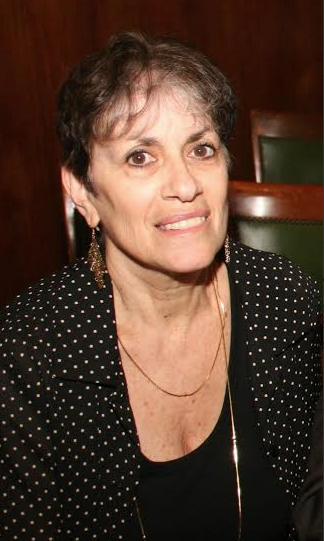Brooklyn judge sanctions hospital and law firm for obstruction

Brooklyn Supreme Court Justice Laura Jacobson doubled down on her decision to sanction a law firm and its hospital client $15,000 for willfully obstructing discovery in a medical malpractice suit. Following a sanctions hearing, Jacobson found evidence indicating that New York Presbyterian Hospital and its counsel, Martin Clearwater & Bell, engaged in “willful and contumacious conduct.”
The underlying malpractice suit was brought by Andre Wright, via his court-appointed guardian Armena Gayle, for injuries sustained following eye surgery. Wright, a diabetic with a heart condition, suffered a major stroke after undergoing retinal eye surgery. According to the suit, Wright sustained brain injury, is unable to walk and cannot fully communicate.
Wright, the plaintiff, alleges that the hospital inappropriately placed him under general anesthesia for seven hours, which, the suit contends, was medically inappropriate given Wright’s heart issue and previously recorded diabetic condition. Wright noted that the hospital informed him that he would be given local anesthesia—a less taxing form of anesthesia localized to the area of surgery—and Wright’s internist testified that the hospital’s surgery booking staff partially filled out paperwork indicating local over general anesthesia.

Brooklyn Boro
View MoreNew York City’s most populous borough, Brooklyn, is home to nearly 2.6 million residents. If Brooklyn were an independent city it would be the fourth largest city in the United States. While Brooklyn has become the epitome of ‘cool and hip’ in recent years, for those that were born here, raised families here and improved communities over the years, Brooklyn has never been ‘uncool’.